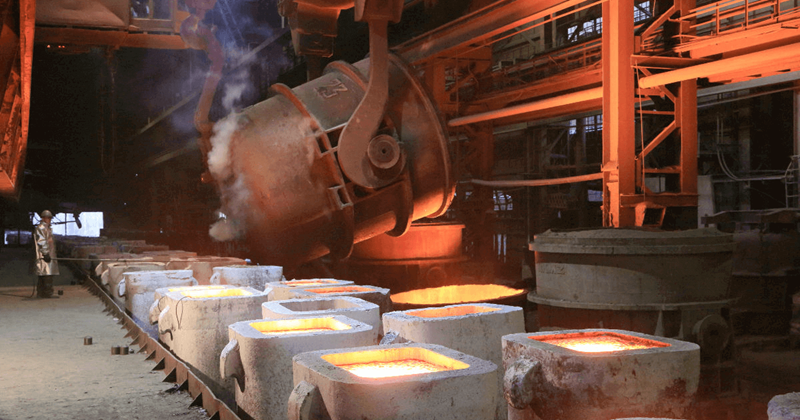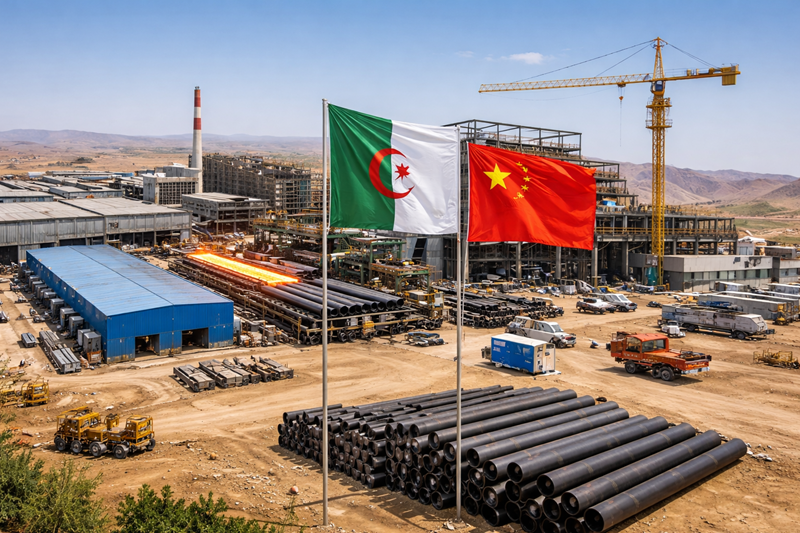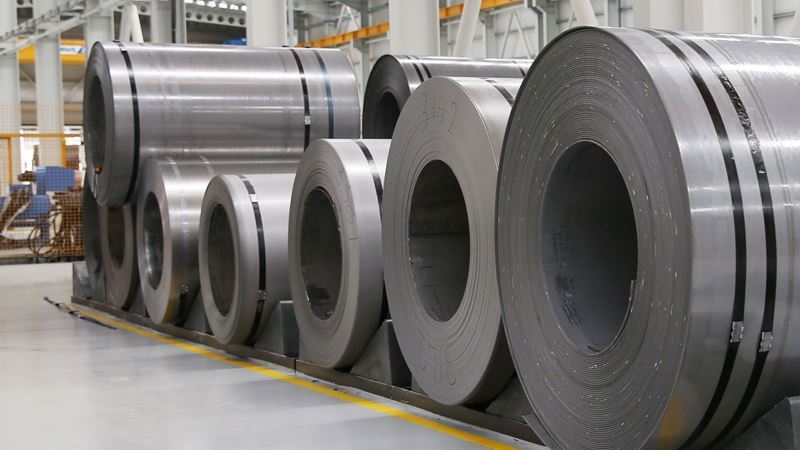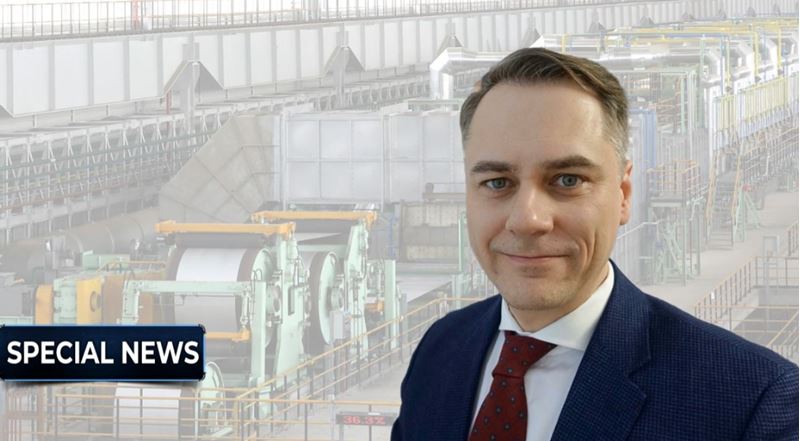The Turkish Steel Producers Association (TÇÜD) released production, consumption, and foreign trade data for September 2025. According to the data:
In September 2025, Türkiye’s crude steel production rose by 7.2% year-on-year to 3.2 million tons. For the January–September period, production increased by 1% compared to the same period last year, reaching 28.1 million tons.
Final product consumption in September rose by 9.6% year-on-year to 3.1 million tons, and for the January–September period, it increased by 3.9% to 28.9 million tons.
Steel product exports in September rose by 7.6% in volume year-on-year to 1.4 million tons, but declined by 0.2% in value to USD 900.5 million.
For the January–September period, exports increased by 12.1% in volume compared to the same period in 2024, reaching 11.4 million tons, and rose by 3.8% in value to USD 7.7 billion.
Imports rose over the nine-month period
In September, imports increased by 12.1% in volume year-on-year to 1.5 million tons and rose by 2.9% in value to USD 1 billion.
For the January–September period, imports rose by 17.2% in volume compared to the same period in 2024, reaching 14.2 million tons, and increased by 3.6% in value to USD 9.9 billion.
The export-to-import coverage ratio, which stood at 77.8% in the January–September period of last year, rose to 78% in the same period this year.
Türkiye among countries with rising production
Veysel Yayan, Secretary General of TÇÜD, whose comments were included in the statement, said:
“Global crude steel production declined by 1.6% in the January–September period, as it did in September alone. Türkiye’s production, however, rose by 1% over the nine months, placing our country among those with growing output, alongside India and the United States. Thus, Turkey continues to maintain and strengthen its position as the world’s seventh-largest steel producer.”
In his statement, Yayan added:
“In an environment where steel consumption continues to grow steadily, domestic supply has become even more critical due to bottlenecks in external markets. Although the Turkish steel industry currently has sufficient capacity to meet domestic demand, its capacity utilization rate remains at an extremely low level of 63%. Measures similar to those implemented in the U.S. and the European Union (EU) are needed to raise capacity utilization rates in the Turkish steel sector and preserve its competitiveness against countries receiving billions of euros in state subsidies. Furthermore, it is essential to impose quotas on countries from which we have seen significant import surges and to apply additional tariffs similar to those used by the U.S. and the EU on imports exceeding these quotas.”











Comments
No comment yet.